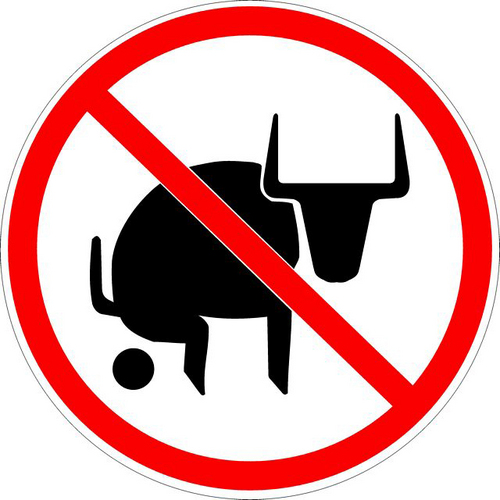
Making Bad Training Investments – or MBTI For Short
Are you an ENTJ? Good for you! That’s the best MBTI personality type to have. You have leadership potential. You’re bound for the fast track. And those INTJ people? Well, they may have bad personalities, but they’re great on detail. They’ll make good clerical staff.
If you know what I’m talking about, then you, too, will have been subjected to a personality typing instrument known as the MBTI. It’s immensely popular, and if you have done the MBTI, it was probably run at your workplace by a “consultant”. And if you had a queasy feeling before, during and afterward, you are not alone.
The MBTI is a questionnaire written in 1942 by a mother-and-daughter team with no background in psychology at all. The mother was an agriculturalist and the daughter was a political scientist. It’s based on a misinterpretation of the work of Swiss psychologist Carl Gustav Jung published in 1923, kinda like you or me attempting open heart surgery with zero qualifications and the “how-to” book in one hand.
Not that you’d know it from the hype, but the MBTI is not a scientific methodology or an established professional technique at all. It’s a commercial for-sale product like Coke or a Big Mac – but unlike Coke or a Big Mac, the MBTI has been scientifically discredited since its inception 60-plus years ago. Organizations which have rejected the MBTI as measuring nothing of value include the nonprofit Educational Testing Service – way back in the sixties – and the U.S. Army Research Institute. Yet it continues to hang around, like a maiden aunt with halitosis.
The scientific objections to the MBTI are too numerous to list here – see the references at the end. Just a few of these objections include published research showing that there is no statistical basis for the “personality types” claimed by the MBTI, that about half the test-takers will end up with a different “personality type” when two MBTIs are taken five weeks apart, that over 80% of the differences in people’s MBTI scores are not accounted for by the MBTI model, and that – get this – there is no evidence at all of any connection between MBTI “type” and success or happiness within an occupation. Some great salesmen are EFTPs, others are INTJs. The same goes for computer programmers, military generals and chicken sexers. All the “MBTI type” does in these areas is foster existing prejudice, mislead managers and deny career opportunities to you.
If you just want to have fun with the MBTI, go to it. The results are cleverly written in complimentary language that’s vague enough and easy enough to agree with – “You are innovative and a clever problem solver, good with people, but don’t care for details”. If this sounds like a horoscope, a fortune cookie or a psychic reading, that’s no accident. This phenomenon is known as the “Barnum Effect”, named after the “great entertainer”, PT Barnum. It’s also known to every salesman and politician in the country.
Your staff could obtain more fun and benefit from completing the “Are You a Great Lover?” questionnaire in Cosmo, painting each others’ toenails or staging a pillow fight. And it’s cheaper, too. Even if you use silk pillows.
Or if you prefer, you can become an MBTI “consultant” yourself, as can your local plumber or garbage collection professional. It’s about 1500 bucks for the course. There are no prerequisities. Have a terrific career when you get branded as an Introvert by a consultant “expert” like Bob the (former) trash man.
Ironically, I can’t think of any great intellectual leader in modern psychology who would be more affronted, more viscerally offended, by the idea of the MBTI than Carl Gustav Jung himself. Jung’s life was dedicated to the idea that the human psyche is by nature religious, and even if you don’t agree with him, there is no great genius in the history of psychology who was more human, more engaged in the human spirit and more dedicated to the uniqueness of each individual than Jung.
Since Jung isn’t alive to say it, I’ll say it for him. The idea of labeling people as though they were different kinds of breakfast cereal in a supermarket aisle is more than just silly or scientifically wrong.
It’s simply immoral.
References
1. Pittenger, P. D. (1993). Measuring the MBTI and Coming Up Short. Journal of Career Planning and Placement , Fall.
2. Zemke. (1992). Second Thoughts About The MBTI. Training , April v29 n4 p43.


Great Article!!! I had a high school teacher who made us take the MBTI at the beginning of the year and the frustrating thing for us, was that he used it to define us. For anything we did, or said. His response was,”That is such an INTP thing you just did.” My classmates were frustrated, because the teacher defined who we were based on one ‘Cosmo’ quiz.
V.S., this is a good example of harm done. This teacher was almost certainly not qualified to make a clinical psychological diagnosis, and their MBTI-enabled ovvereach probably derailed some kids from areas that they might otherwise have pursued. Charlatanism does great harm when put into the hands of well-meaning people with power.